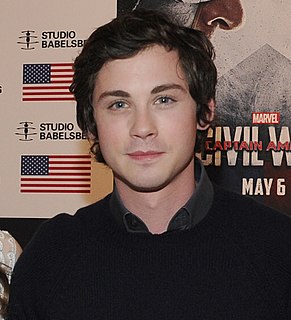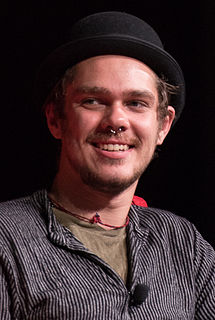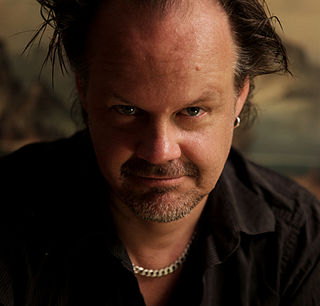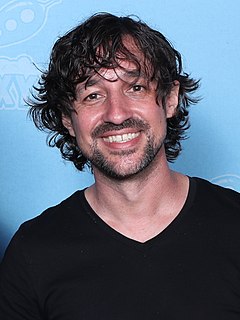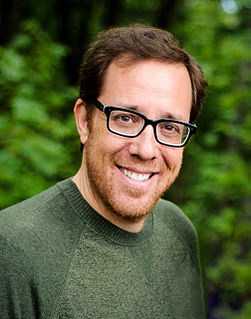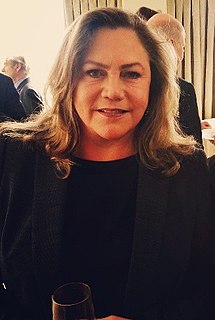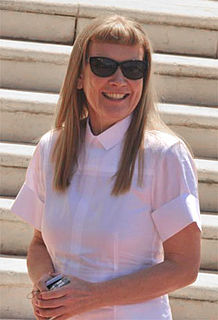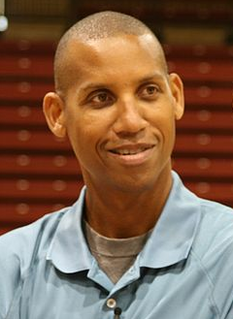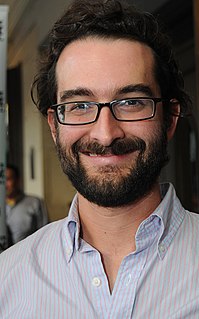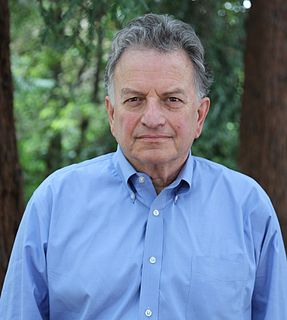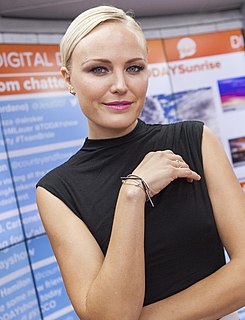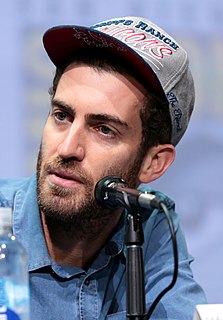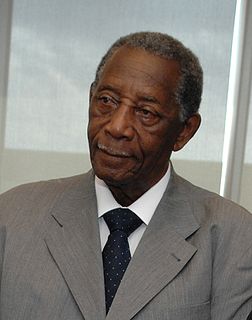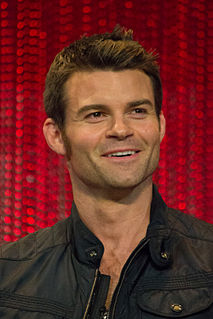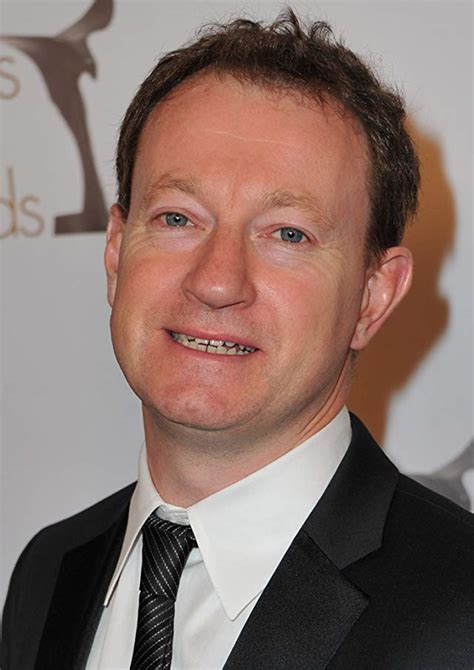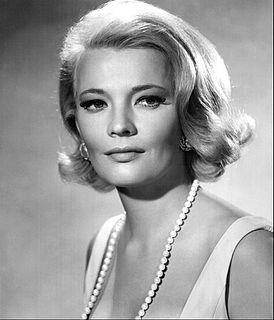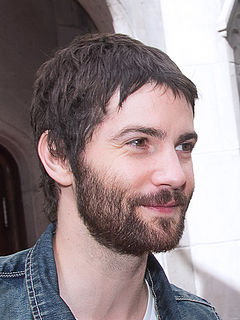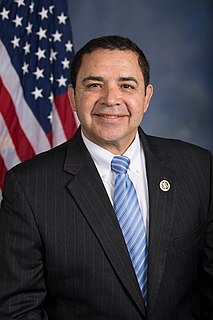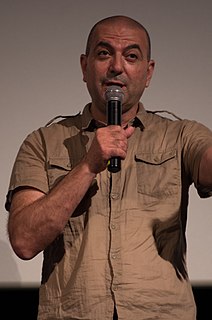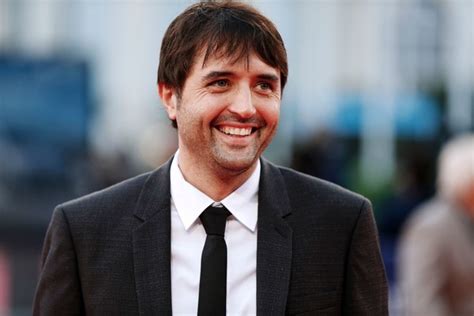Top 1200 Independent Filmmaking Quotes & Sayings
Explore popular Independent Filmmaking quotes.
Last updated on October 5, 2024.
As the world of independent feature filmmaking became increasingly commercialized by the mid-1990s, there was also a parallel, much more positive development: a resurgence in documentary filmmaking, thanks in part to the advent of the cheaper, lighter digital format that helped to offset the daunting costs of pursuing political aims through film.
I love filmmaking when fate is a part of the process and you are dependent on the laws of physics and the elements to get a single moment that transports or in some way creates an illusion even for a moment. I think that is tremendous fun and what I think filmmaking is, catching lightning in a bottle.
What I always tell people is... Unless you are so passionate about filmmaking that you would rather live out of your car than not do it, find something else to do as a career and do filmmaking as a hobby. This industry is one of the hardest to break into and be successful. It takes a lot of passion and dedication for it to get anywhere.
A big part of filmmaking, and a big part of the power of filmmaking, is creating characters that people fall in love with. So, those things, like the bloopers, create more reality and dimension, and the sense that these are not drawings or shadows, but they are living, breathing, thinking characters. That's the illusion.
Narrative, fiction filmmaking is the culmination of several art forms: theater, art history, architecture. Whereas doc filmmaking is more pure cinema, like cinema verité is film in its purest form. You're taking random images and creating meaning out of random images, telling a story, getting meaning, capturing something that's real, that's really happening, and render this celluloid sculpture of this real thing. That's what really separates the power of doc filmmaking from fiction.
I love the new technology in terms of giving access to doing more independent work. When I first started out, any film had to rent from Panavision and the expenses were humongous. Now, given the advances in technology, you can put out extraordinary quality filmmaking at nothing like the price it used to be.
When I was in New York I heard many people saying that the independent film industry was in big trouble. I was reflecting on this when I came home. Realizing that ever since I started filmmaking, people have being saying that. But somehow it keeps going. Filmmakers keep going. We need stories to make sense of the world and some people like me are driven to tell them. I have faith this will always be possible.
I think it reaffirmed something that I believed in and conceptually always had faith in which was that you're most effective when you work as a team. I love that about filmmaking. I stopped playing team sports at 15-16 because of acting. I think I find a kind of new team sport in filmmaking in a way.
Having been an actor, I always want to leave room for the actors to find their comfort zone, so I don't like to be too rigid in how I plan my shots. It's different if you have weeks to rehearse and you can rehearse on your sets or in your locations and you can plan that out with your actors, but in modern independent filmmaking, you don't really have that time. You have to have a certain level of improvisation.
Nobody really truly supporting independent filmmakers anymore. It's just dire. There's a lot of bad filmmaking, and there's a lot of people worshipping some terrible filmmakers. It's a waste of all of our time, if you don't feel anything. We are an age of YouTube kids. We don't care so much anymore. It's all about marketing.
Going forward, I would love to work with directors like Rian Johnson and Joss Whedon; people like that who are doing big films but do have really independent voices. That's kind of what I want to focus on, is always working with people with at least an independent point of view, even if it's not an independent film.
I'm British; I live here, and I've always made my films here. And we're on a journey in British filmmaking right now. We're attracting big films again. 'Star Wars' filming here will employ thousands of people. We're world-class in so many of the craft elements, and the vibrancy of our filmmaking is strong.

